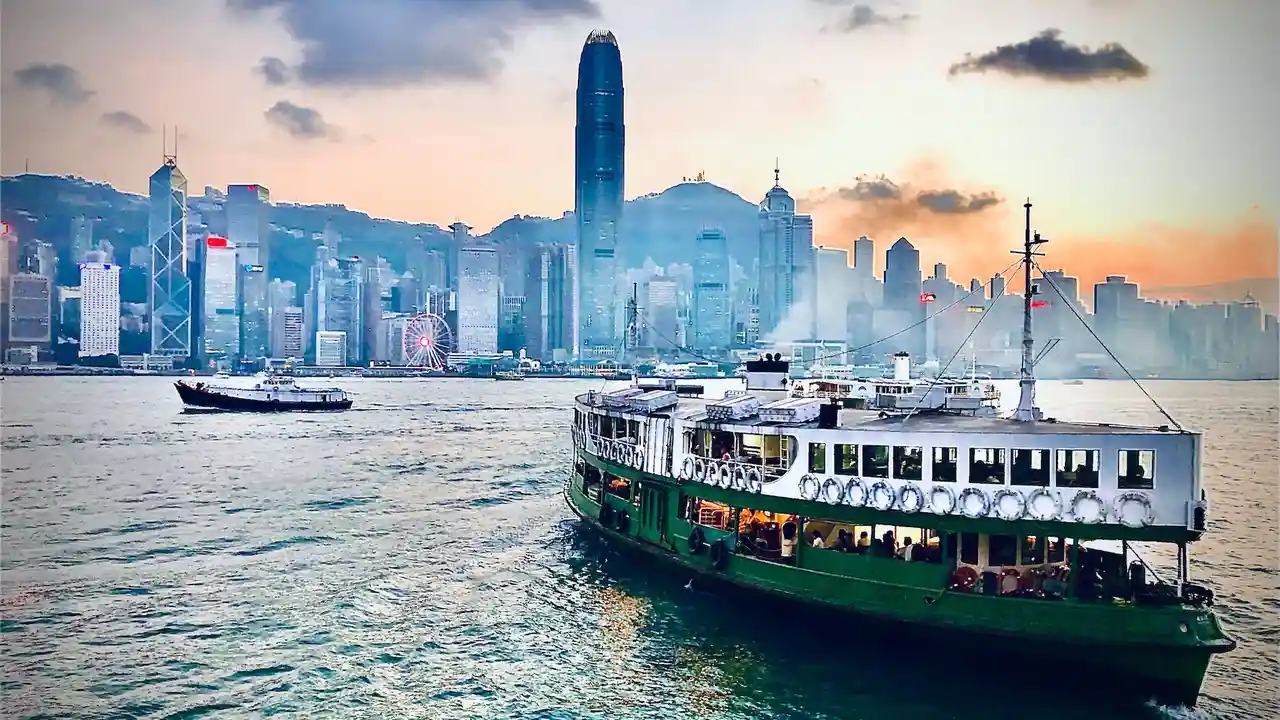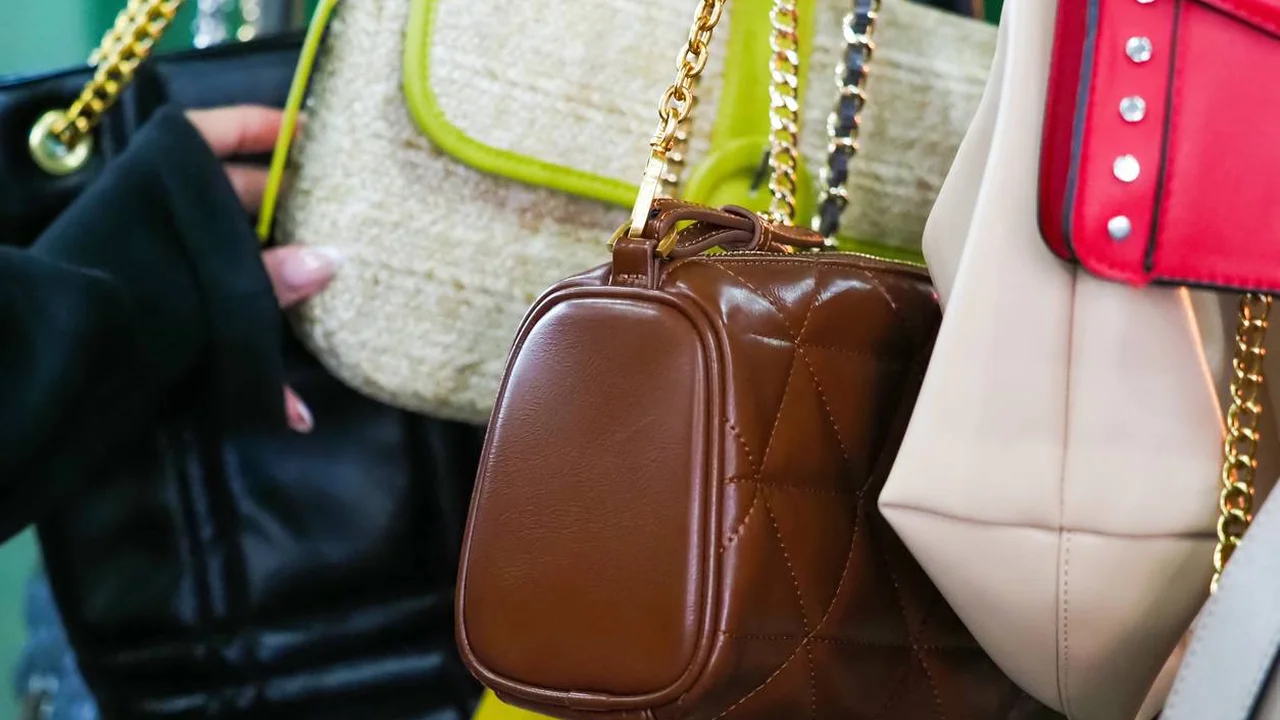Hong Kong's Air Quality: Checking Pollution Levels

Understanding Air Pollution in Hong Kong Air Quality Index Explained
Hong Kong, a vibrant and bustling metropolis, often grapples with air pollution. It's crucial for US travelers to understand the city's air quality to ensure a healthy and enjoyable trip. The Environmental Protection Department (EPD) monitors air quality and provides real-time data through the Air Quality Health Index (AQHI). This index ranges from 1 to 10+, with higher numbers indicating greater health risk. Knowing the AQHI can help you make informed decisions about outdoor activities.
Key Pollutants Affecting Hong Kongs Air Quality PM25 and PM10
The major pollutants affecting Hong Kong's air quality are particulate matter (PM2.5 and PM10), nitrogen dioxide (NO2), ozone (O3), and sulfur dioxide (SO2). PM2.5, fine particulate matter, is particularly concerning as it can penetrate deep into the lungs and bloodstream. Sources of pollution include vehicle emissions, industrial activities, and regional smog from mainland China. During certain times of the year, particularly in autumn and winter, pollution levels can spike due to unfavorable weather conditions.
Checking Real Time Air Quality Data Hong Kong EPD Website and Mobile Apps
The best way to stay informed about Hong Kong's air quality is to check the EPD's website or download their mobile app. These resources provide real-time AQHI readings for various monitoring stations across the city. You can also find forecasts for upcoming days. Websites like World Air Quality Index (WAQI) also aggregate data from various sources, offering a comprehensive overview. Before heading out for a hike or exploring the city, take a quick look to see if the air quality is within acceptable limits.
Practical Tips for Travelers Dealing with Poor Air Quality Limiting Outdoor Activities
If the AQHI is high, consider limiting strenuous outdoor activities, especially if you have respiratory issues or are sensitive to air pollution. Opt for indoor activities such as visiting museums, shopping in air-conditioned malls, or enjoying a traditional dim sum meal. When outdoors, choose less polluted areas like parks or gardens away from busy roads.
Using Face Masks Protecting Yourself from Air Pollution N95 Masks
Wearing a face mask can provide a barrier against particulate matter. N95 masks are generally considered the most effective, filtering out at least 95% of airborne particles. Ensure the mask fits snugly to your face to create a proper seal. Surgical masks offer some protection but are less effective than N95 masks. You can easily purchase masks at pharmacies and convenience stores throughout Hong Kong.
Air Purifiers for Hotel Rooms Improving Indoor Air Quality Portable Air Purifiers
Consider using a portable air purifier in your hotel room to improve indoor air quality. These devices filter out pollutants and allergens, creating a cleaner and healthier environment. Look for models with HEPA filters, which are effective at removing PM2.5 and other fine particles. Some popular options include the Levoit LV-H132 and the Philips GoPure Compact 200. These range in price from $50 to $150, depending on features and brand. They're easy to pack and can make a big difference, especially if you're sensitive to air pollution.
Recommended Air Purifier Products Comparison and Pricing for Travelers
Here are a few specific product recommendations, comparing their features, uses, and prices:
Levoit LV H132 Compact Air Purifier
Use Case: Ideal for small hotel rooms or personal spaces. It's lightweight and easy to carry.
Features: HEPA filter, activated carbon filter, two fan speeds, night light.
Comparison: More affordable and compact compared to other models, but less powerful for larger rooms.
Price: Around $80.
Philips GoPure Compact 200 Car Air Purifier (Can also be used in hotel rooms)
Use Case: Designed for cars, but easily adaptable to hotel rooms. Plugs into a USB port.
Features: HEPA and HESA filters, removes dust, pollen, and odors.
Comparison: Very portable and easy to set up, but might require a USB adapter for wall outlets.
Price: Around $120.
GermGuardian GG1000 Pluggable Air Purifier
Use Case: Extremely compact and plugs directly into a wall outlet. Good for very small spaces like bathrooms or closets.
Features: UV-C light and titanium dioxide to kill airborne bacteria and viruses. No filter to replace.
Comparison: Simplest and most affordable option, but less effective for removing particulate matter compared to HEPA filter models.
Price: Around $30.
Choosing the Right Face Mask N95 vs Surgical Masks for Air Pollution Protection
When selecting a face mask, consider the level of protection you need. N95 masks offer superior filtration compared to surgical masks. Surgical masks are loose-fitting and primarily designed to prevent the spread of droplets from the wearer. N95 masks, on the other hand, are designed to filter out at least 95% of airborne particles, including PM2.5. If you're concerned about air pollution, an N95 mask is the better choice. Look for NIOSH-approved N95 masks to ensure they meet quality standards.
Indoor Activities in Hong Kong Avoiding Air Pollution Exploring Museums and Shopping Malls
Hong Kong offers a plethora of indoor activities. Explore world-class museums like the Hong Kong Museum of History or the Hong Kong Science Museum. Indulge in retail therapy at luxurious shopping malls such as IFC Mall or Harbour City. Catch a movie, enjoy a spa treatment, or take a cooking class. There are plenty of ways to enjoy your trip without being exposed to high levels of air pollution.
Staying Hydrated and Maintaining a Healthy Diet Supporting Your Body During Air Pollution
Staying hydrated and maintaining a healthy diet can help your body cope with air pollution. Drink plenty of water to flush out toxins. Consume foods rich in antioxidants, such as fruits, vegetables, and green tea, to protect your cells from damage. Avoid processed foods and sugary drinks, which can weaken your immune system.
Checking Local News and Alerts Staying Informed About Air Quality Changes Hong Kong Weather Updates
Keep an eye on local news and alerts for updates on air quality. The Hong Kong Observatory provides weather forecasts and air quality information. Be aware of any warnings or advisories issued by the government. Staying informed will allow you to adjust your plans accordingly and minimize your exposure to air pollution.
Air Pollution and Public Transportation Choosing Less Polluted Routes MTR vs Buses
When using public transportation, consider choosing routes with less exposure to traffic. The MTR (subway) is generally a better option than buses, as it's underground and less exposed to vehicle emissions. If you must take a bus, try to sit away from the windows. Avoid traveling during peak hours when traffic congestion is at its worst.
:max_bytes(150000):strip_icc()/277019-baked-pork-chops-with-cream-of-mushroom-soup-DDMFS-beauty-4x3-BG-7505-5762b731cf30447d9cbbbbbf387beafa.jpg)






